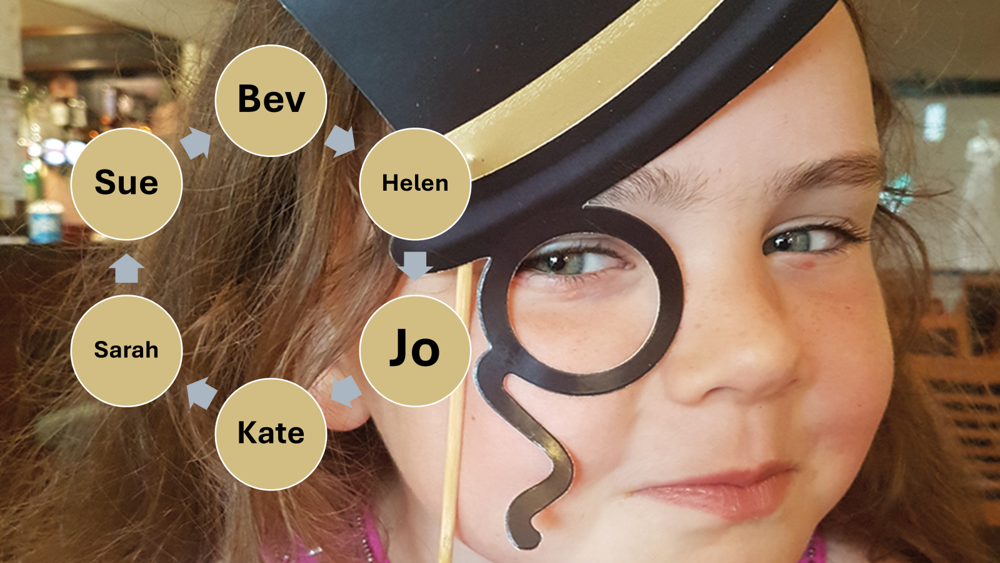When a group of coaches come together with open minds and generous intent, something special happens. As thinking ignites, ideas spark, and assumptions get gently questioned. Out of all that richness, something emerges that’s worth bottling.
This post is an attempt to bottle one of those moments.
It’s drawn from a recent Coaches Council conversation where we explored the question:
“What might we consider to begin well and maintain the relationship with our coaching clients?”
Rather than share the full transcript or summarise who said what, we’ve distilled the wisdom in the room into a clear, insight-rich note – something we hope will serve other coaches as a guide, a prompt, or a gentle nudge to reflect on how they approach the early stages (and ongoing rhythm) of their client relationships.
Here’s what we discovered when we listened deeply to each other.
1. Be Clear About What “Challenge” Means
Many clients say they want to be “challenged” – but what that means varies widely. Getting specific early on can change everything. Ask:
What does being challenged look like to you?
How do you respond to gentle challenge versus direct?
What does too much challenge feel like?
Clarifying this builds trust and helps avoid misalignment. It also invites you to be honest about your own style. Are you a provocateur or a gentle nudger? Are you willing to flex? What kind of permission do you need?
Challenge is a relational act, not just a coaching tool.
2. Contracting Is Ongoing, Not a One-Off
It’s easy to treat the contract as a tick-box exercise in session one. But it’s much more useful to think of it as a living agreement – something you co-create and revisit.
Use questions that promote equality in the relationship:
How do we want to work together?
What matters most to each of us?
How will we know if it’s working?
What happens when it’s not?
Recontracting isn’t just about scope and logistics. It’s about shaping the quality of the relationship. Yes, you’re aligning on tasks – but more importantly, you’re aligning on how it feels to be in the room together.
Treat the agreement like you would a good friendship – dynamic, evolving, and worth checking in on.
3. Don’t Just Start Well – Maintain Well
Trust isn’t a one-time win. It needs care and attention over time – not dramatic gestures, but quiet, human maintenance.
Make it a priority to review how things are going by asking:
How are we doing, together?
What needs adjusting?
Is anything unsaid that we should explore?
Think of it like tending a fire. You don’t have to relight it each time – just add a log, stir the embers, and make sure it’s still warm.
Maintenance is quiet work, but it’s what stops a relationship from drifting.
4. Invite the Whole Person – Not Just the Job Title
People don’t arrive at coaching as just their professional role. They arrive as themselves – with hopes, doubts, edges, and stories.
When there’s enough safety, the whole person can show up. And when that happens, the coaching can go deeper.
You don’t need grand interventions. Often, it’s small moves:
Acknowledge what’s underneath what they’re saying.
Stay in silence longer than is comfortable.
Say what you notice about how they’re showing up.
And crucially: ask permission before offering your perspective. Don’t assume they need your input.
Depth comes from presence, not process.
5. Let the Coaching Client Set the Rhythm
Coaching isn’t a performance. It’s a dance. And from early on, we need to let go of the need to lead or look like we’re in control.
Let your client:
Set the tempo.
Bring the topics that matter most.
Find their own words before you offer any of your own.
Hold your expertise lightly. Stay interested longer. And be conscious of power dynamics – especially if they’re used to being in charge elsewhere.
Generative coaching starts when we stop trying to appear clever.
6. Bring More of Yourself (Yes, You)
The best coaches we know don’t hide behind a polished script. They show up. They’re real, responsive, and fully present.
This doesn’t mean oversharing. It means:
Remembering you’re a brilliant human first, before the label of “coach” is added.
Staying attuned to the quality of connection, and showing responsiveness without steering the thinking.
Being fully there. Not performing. Just… being.
One phrase sums it up beautifully:
“All of me, in every moment.”
Your presence matters more than your tools.
Final Thought: This Isn’t a Checklist
There’s no model here. No formula. Just a handful of rich insights from a thoughtful conversation among peers.
If you’re a coach, this is your reminder to trust the relationship as much as the process.
You already know how to do this.
Sometimes we just need to be reminded.
Ready to Take Your Seat?
The Coaches Council continues from September, meeting on the second Friday of every other month, with an additional Monday evening slot for those who prefer an end-of-day reflection space.
These are paid-for, insight-rich sessions for coaches who want to sharpen their practice in community with others.
Whether you’re an experienced coach or just stepping into this work, you’re welcome.
Book your place now and join a room full of generous, questioning, thoughtful practitioners.
Because how we begin (and how we keep going) matters.
💕Love Note… To Jo Cotton, Sue Blight, Sarah Watson and Helen Hughes. Thank you for your generous insights; it’s a privilege to spend time in a room with your brilliant minds.



